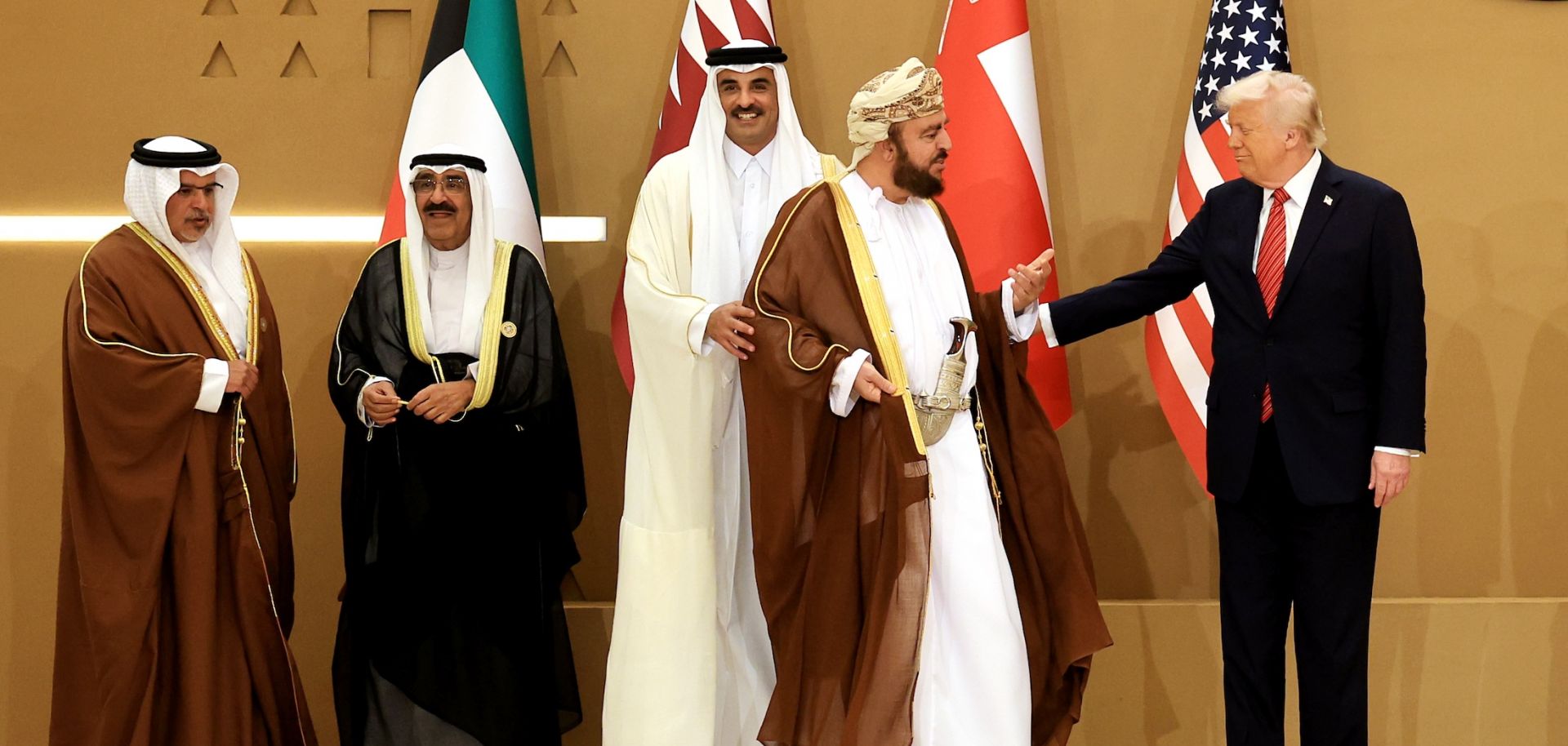Much has been made of U.S. President Donald Trump's recent tour of the Middle East, where he slammed the interventionist policies of his predecessors. "In the end, the so-called nation builders wrecked far more nations than they built. And the interventionalists [sic] were intervening in complex societies that they did not even understand," he said in Riyadh, about the widely panned Iraq invasion of 2003. Some have hailed Trump's remarks as signaling the end of American interventionism in the Middle East, or at least the beginning of the end, as the United States retrenches. Trump's newly appointed ambassador to Turkey, Tom Barrack, even went so far as to say, "The era of Western interference is over. The future belongs to regional solutions, but partnerships, and a diplomacy grounded in respect." Doveish though this all sounds, the reality is that the United States remains poised to use its many tools to reshape...


